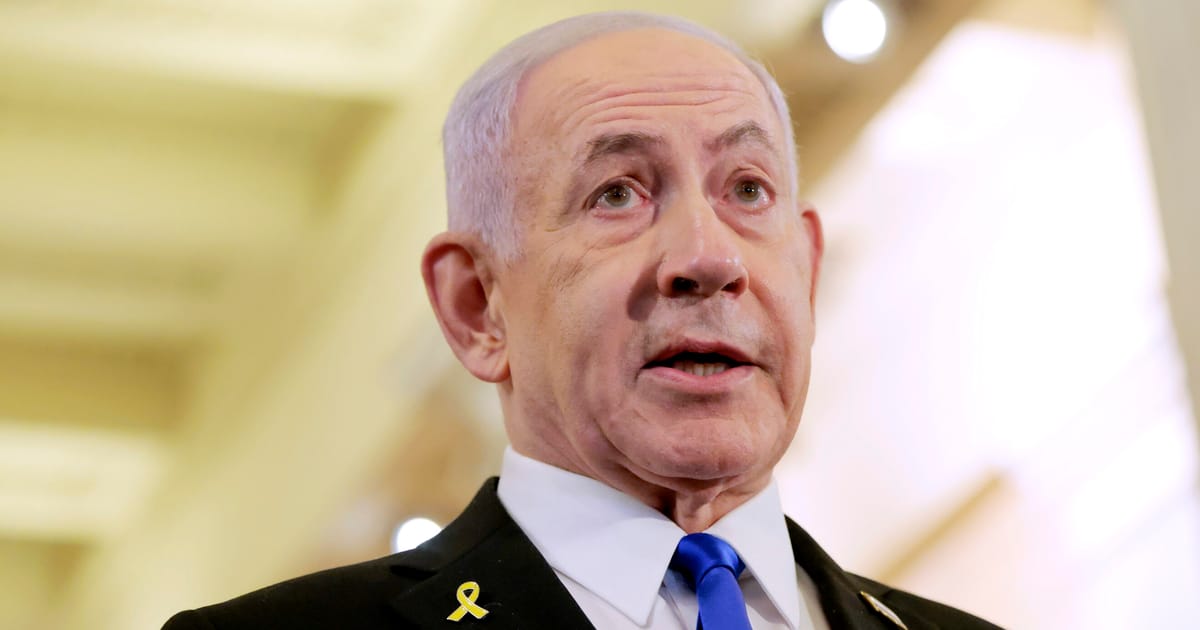

The international political landscape is witnessing significant developments as efforts to recognize Palestinian statehood intensify and regional ceasefire agreements seek to restore peace. Recent announcements from leading global powers are poised to shape the future of contentious territorial negotiations and international diplomacy.
The United Kingdom’s commitment to recognize the state of Palestine by September marks a pivotal moment in international relations. British Prime Minister Keir Starmer’s administration has made clear intentions to support Palestinian statehood, a decision intertwined with Israel’s stance on ongoing conflicts in Gaza. The UK has urged Israel to abide by a ceasefire and engage in substantial efforts towards a two-state solution. This decision aligns with France’s recent declaration under President Emmanuel Macron to recognize Palestinian statehood, emphasizing a shared European stance and escalating pressure on Israel to pursue peaceful resolutions.
Israeli Prime Minister Benjamin Netanyahu has expressed strong opposition to these developments, suggesting that such promises by the UK and France equate to unwarranted concessions to Hamas. Netanyahu’s retort underscores the tensions between Israel’s security concerns and international calls for Palestinian recognition, highlighting the complex interactions between national interests and global diplomacy.
Simultaneously, the United States, under former President Donald Trump, remains cautious, maintaining its position without acknowledging immediate European urgencies concerning Palestinian statehood. This stance underscores a more reserved approach to the issue, reflecting differing priorities in the transatlantic alliance on Middle East policy matters.
In Asia, positive diplomatic interactions between Thailand and Cambodia have led to a promising ceasefire agreement, mediated under Malaysian auspices. After experiencing the worst border hostilities in over a decade, this ceasefire marks a significant step towards peace. The commitment to an “immediate and unconditional” ceasefire aims to halt further casualties, with previous escalations resulting in numerous deaths and widespread displacement. The international community has responded favorably, viewing this as an essential move towards stability in the Southeast Asian region.
Meanwhile, global economic dynamics are subtly shifting as the United States and China contemplate an extension of their tariff truce. This comes after prolonged talks in Stockholm failed to resolve key trade disagreements, leading negotiators to propose delaying planned tariff hikes. Any extension will require approval, reiterating the need for a cautious and patient approach to international economic policies, reflecting broader themes of negotiation and compromise in global affairs.
As these geopolitical developments unfold, the emphasis on dialogue and diplomacy remains paramount. The evolving commitments and potential recognitions reflect a strategic recalibration of priorities aimed at achieving lasting and sustainable solutions. The overarching narrative is one of cautious optimism, where international actors navigate the complexities of peace-building and cooperation in a rapidly changing world. The diplomatic landscape echoes the interconnectedness of global issues, reminding stakeholders of the importance of understanding, compromise, and the collective pursuit of peace.
Source: {link}
